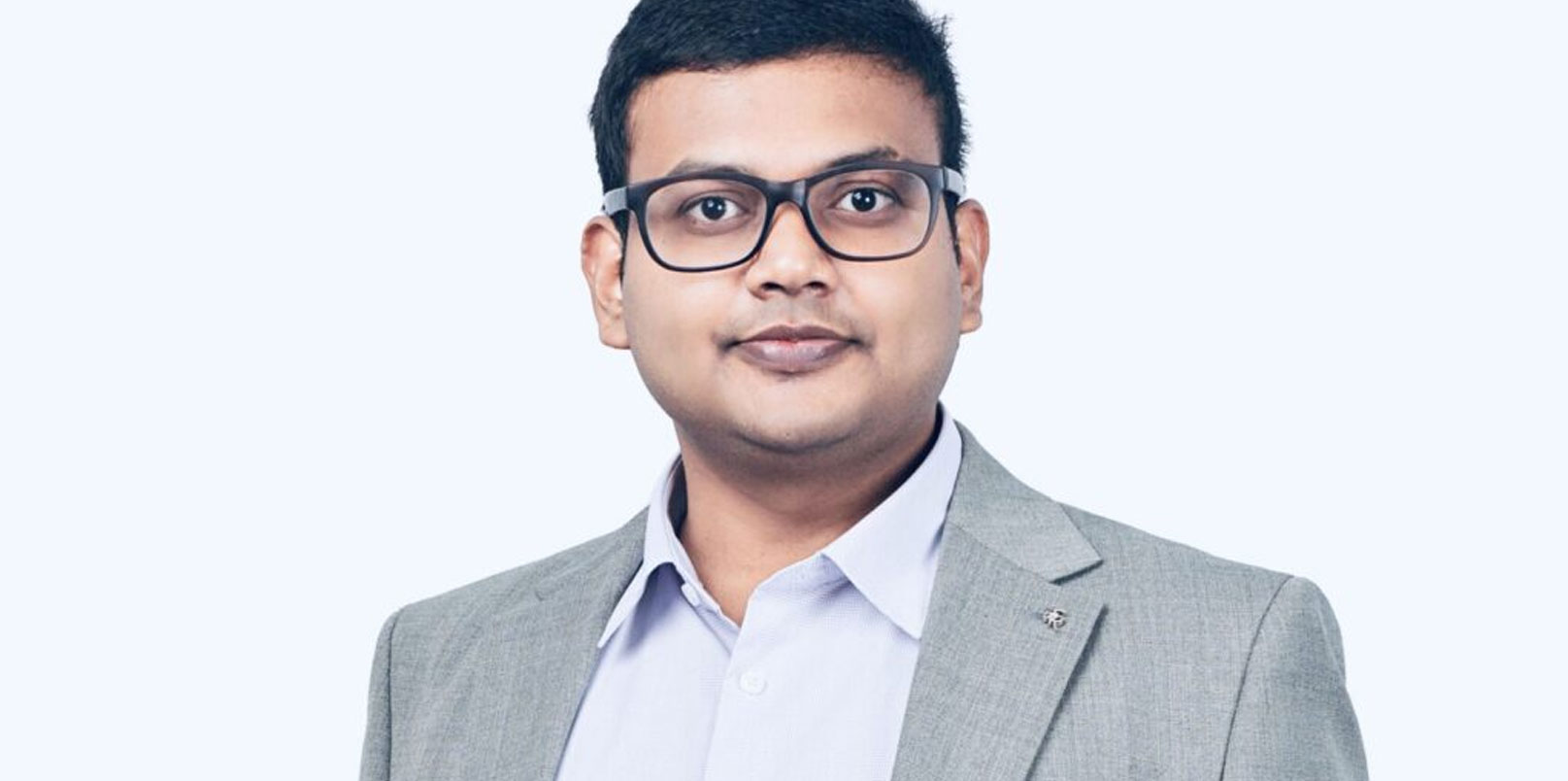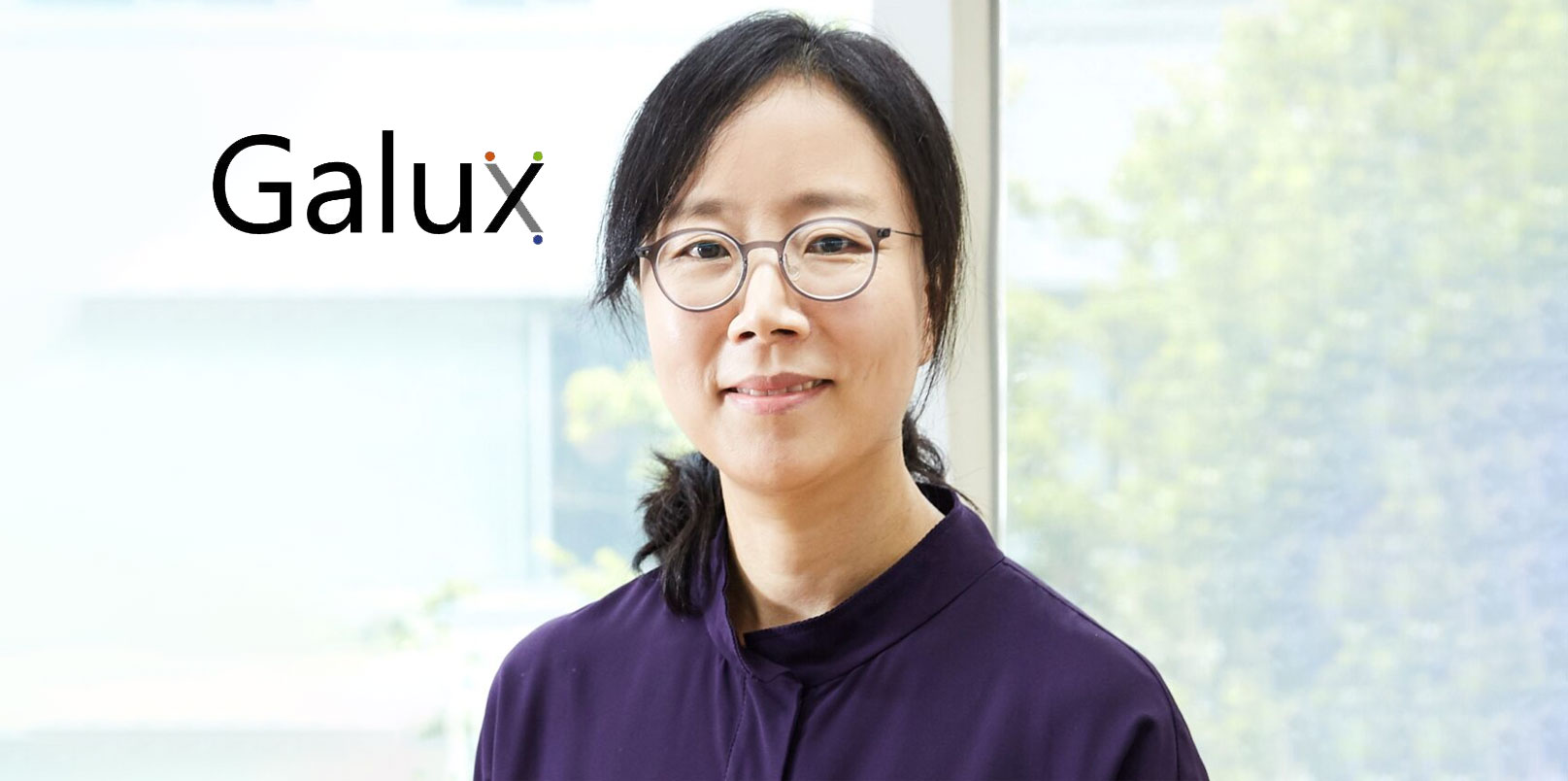Shwetabh Mittal is an experienced strategy and product management leader in the Technology industry with experience ranging from large companies to nimble startups. Shwetabh is heading the product management function for Coursera’s Enterprise Product. He changes the way organizations think about talent development and utilize Coursera’s product to provide learning on the job and develop the skills required for the constantly changing skills landscape. He has successfully led and closed series D fundraising of $64M for Coursera.
Shwetabh specialises in Corporate Strategy, Product Management, Product Strategy, Go-To-Market, Pricing, Market Assessment, Valuation, Corporate Development, Sales Transformation, Competitive Analysis, Financial Modeling, Market Assessment, Senior Executive, Business Unit Strategy, Consulting Engagements. He is a Cornell University graduate and prior to his current job has worked with global companies like Google, LinkedIn, and EMC.
Shwetabh Mittal conversed with koreatechdesk.com regarding his field of expertise and advice to startups.
1. What’s your basic career background and your expertise?
My career has been focused on building a great strategy and products for tech companies. I have spent time in multiple companies such as Google, LinkedIn, EMC and, most recently at Coursera. My expertise lies in understanding market needs and customer pain points, developing strong strategies to capture the market and build products that achieve great product-market fit for the end customers.
2. How did you join this current company and tell us more about your role in the company?
I joined Coursera in May 2016. I started by leading the Corporate Strategy team. Currently I lead both Product Management for our Enterprise product (B2B business) and the Corporate Strategy team.
3. What have you learned so far in your industry and what do you want to achieve in the future?
The online education industry is ripe for disruption. It is becoming common for an individual to change multiple jobs in their life and hence they are expected to keep learning throughout their life to develop the skills they will need to stay on top of their game. Companies are feeling the same pressure as the skills required by their employees are changing as business needs evolve rapidly. Remembering this, my goal is to build Coursera into a holistic talent management and deep skilling partner for employers around the world.
4. What are the main reasons that startups have difficulties in working with corporates in your industry?
Each corporation is unique, but they all have one thing in common, they are all driving towards a business objective and they all have business outcomes to achieve. A startup aligned with helping a corporation achieve their business outcomes at a faster pace than any other startup will likely be wildly successful. The startups unable to work with the corporate are not aligned with the business outcomes or have a hard time pivoting to become one that aligns with the business outcomes.
5. Would you support Korean startups in the future if you have any opportunities?
Yes, absolutely!
6. What are the important factors for Korean startups to consider for a US expansion in your industry?
The two markets are different in their business approach and their culture. Adapting the company to work with the US customer and be able to fulfil their needs will likely be an iterative process. While the US is the largest market in the world, it is also a very competitive market where multiple companies are competing for the market share. Any startup that wants to expand in the US should decide which market segment/opportunity do they want to invest in a focused manner rather than spreading their resources too thin in multiple different areas.
7. As you know, our Media Group name is “beSUCCESS”, what’s your definition of the term “success” as an industry expert or as an individual human being?
As an Industry expert, my definition of success is the ability to deeply understand the market needs and trends, be able to think through them critically to understand the impact on your business model and finally be able to execute so it aligns with the market needs.
As an individual, success is to have a life full of rich experiences that balances personal and professional needs.
8. What are the things you would do as prior if you could go back to 10 years ago?
I would have created my own startup and learned at an even faster pace ?
9. When you come to Korea next time, what kind of Korean entrepreneurs and startups you want to meet?
I would love to meet entrepreneurs in the SaaS world disrupting the market by creating new business models and products.





